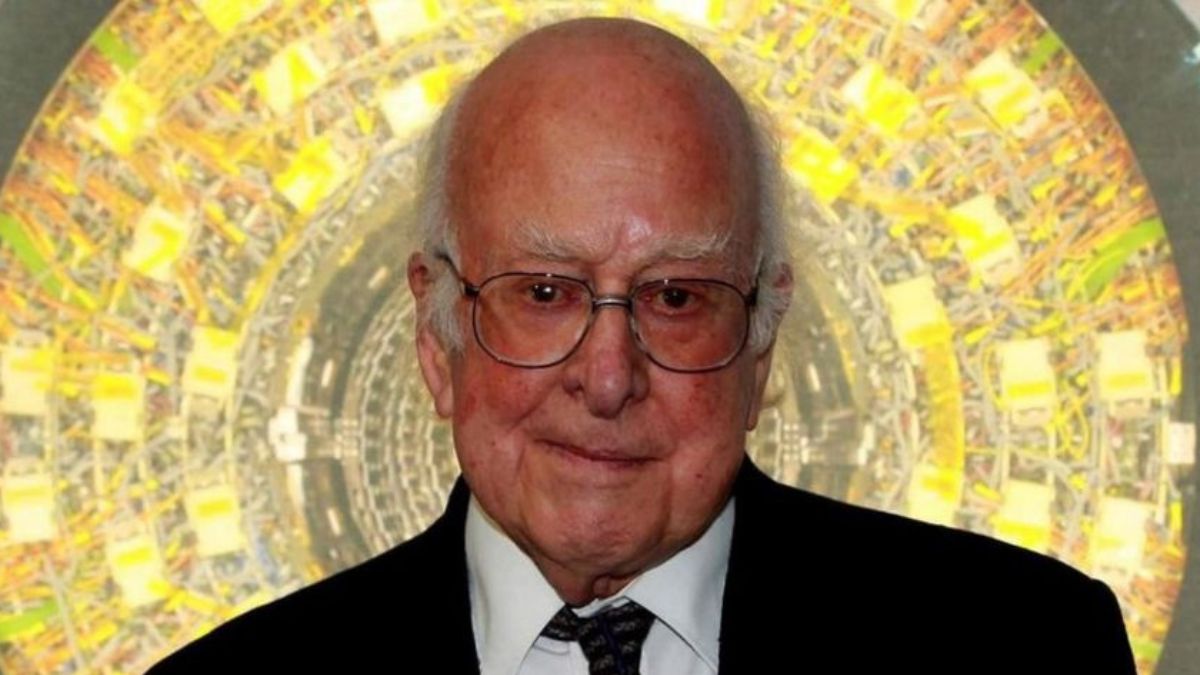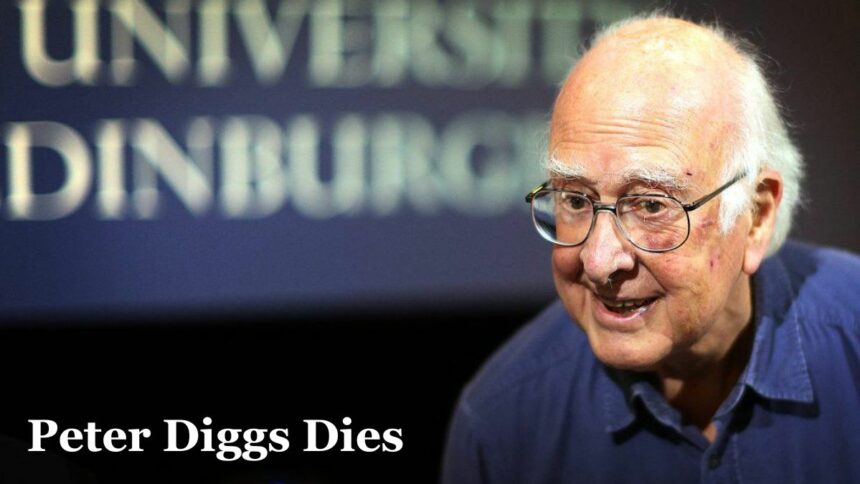In the world of science, there was a brilliant mind named Peter Higgs. He won the Nobel Prize for his amazing discoveries in physics. Sadly, he passed away at the age of 94. But let’s not be sad! Instead, let’s celebrate his life and talk about all the incredible things he taught us. Peter Higgs changed the way we understand the universe, and we’re going to explore just how he did that.
Peter Diggs Dies At The Age Of 94
The University of Edinburgh said on Tuesday that physicist Peter Higgs, 94, has passed away. His notion of an undetectable particle in the universe altered science and was confirmed by a Nobel Prize-winning finding half a century later.
The Higgs boson was discovered in 2012 at the CERN research facility near Geneva. It was generally hailed as the most significant advancement in cosmic knowledge in over 30 years and encouraged physicists to explore concepts that had previously only been found in science fiction.
The British scientist said at the time, “For me personally, it is just the confirmation of something I did 48 years ago, and it is very satisfying to be proved right in some way. At the beginning, I had no expectation that I would still be alive when it happened.”
Peter Higgs, physicist who unlocked mysteries of the universe, dies aged 94 https://t.co/B8PvPCGb3W
— Financial Times (@FT) April 9, 2024
Higgs was a professor at Edinburgh University for many years. The university said on Monday that he had died quietly at home after a brief illness.
Professor Sir Peter Mathieson, the university’s principal and vice-chancellor, stated, “Peter Higgs was a remarkable individual — a truly gifted scientist whose vision and imagination have enriched our knowledge of the world that surrounds us.”

Higgs initially favored math and chemistry and called himself “incompetent” in the school physics lab. However, after attending the same university, he was motivated to pursue a career in theoretical physics by the quantum physicist Paul Dirac.
The discovery of the Higgs boson revealed the solution to the mystery of how many fundamental particles acquire their mass. This is achieved through their interaction with the unseen “Higgs field” that fills the entirety of space.
The “Brout-Englert-Higgs” mechanism, which is the result of this interaction, earned Higgs and Francois Englert of Belgium the 2013 Nobel Prize in Physics. Robert Brout, Englert’s colleague, passed away in 2011.
A CERN academic physics magazine rejected Higgs’ first work on the idea in 1964, stating that it was “of no relevance to physics.” Even though it was released a few weeks after Englert and Brout’s original work, his revised paper was the first to clearly predict the emergence of a new particle.
Here are some of our latest updates:




